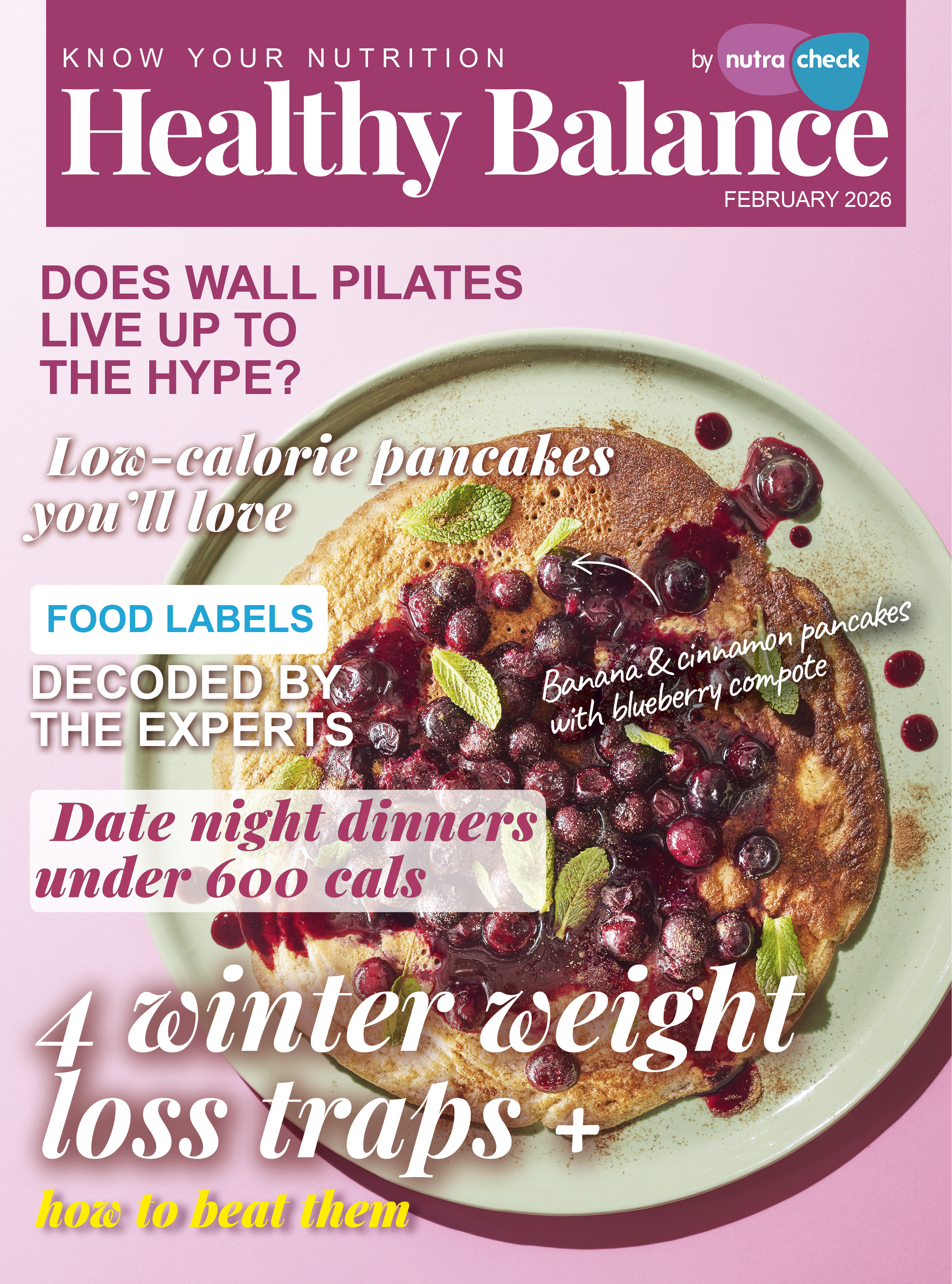4 daily habits that affect gut health
Did you know that you could actually improve gut health by simply eating more slowly, chewing your food properly and avoiding very large portions. Not only this, but daily exercise, reducing stress (more on this tomorrow!) and keeping an eye out for foods which regularly affect you are just a handful of things you can do to be more mindful of your gut each day. Let's take a look at each of these in more detail...

1 Eat mindfully
Eat slowly, chew your food properly and avoid very large portions. Eating quickly can mean you take in extra air, and big servings put pressure on your digestive system. So slow down and watch your portion size to reduce the workload for your digestive tract.

2 Identify your triggers
Keep a food diary and note when you get your symptoms – then use this to identify which foods or types of foods are the likely triggers. Nutracheck's online food diary has a special section to record how you feel. IBS is very individual so it's important to find your own trigger foods.

3 Manage stress
Our brain and gut are thought to be closely connected, so things which affect your brain such as stress and anxiety can also impact on your gut. This can mean bloating and other gut health issues are worse when you're stressed. So consider ways to manage your stress levels to help regulate a healthy gut.

4 Exercise when you can
There is evidence that exercise can improve gut health, thanks to increasing bllood circulation through the body which in truth improves the function of the digestive system. As well as this, it can help improve gut movement, in turn reducing gas and bloating. So ensure you're taking regular exercise to see if this helps you. It doesn't have to be a gym session, just a leisurely walk or swim can help.

Nutritionists Emma White (ANutr), MSc Human Nutrition and Beth Furness (ANutr), BSc Nutrition and Health, are passionate about diet and how this impacts overall health. They support evidence-based advice around nutrition and aim to help everyone better understand how different nutrients affect the body and long-term health status.











